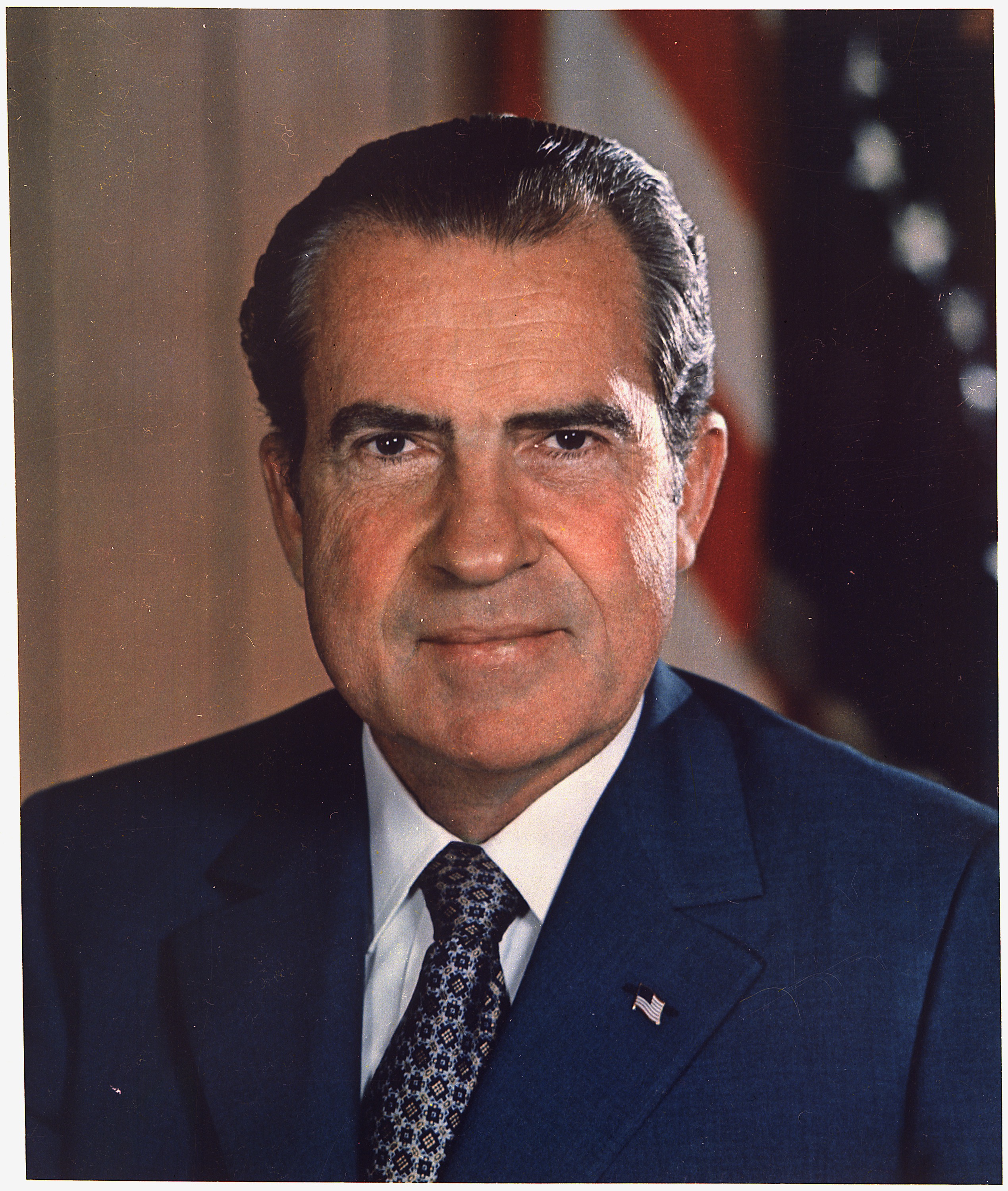„Gdy robi to prezydent, to jest to zgodne z prawem.”
spytany przez dziennikarza, czy bombardowania ludności cywilnej w Wietnamie, Laosie i Kambodży są zgodne z prawem.
Źródło: Oliver Stone's Untold History of the United States (2012), tłum. Anna Rajca, Mirosław Filipowicz, odcinek 7
